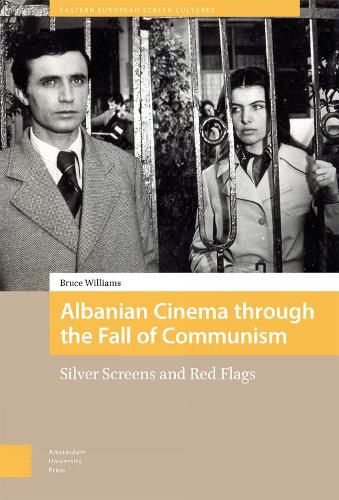Readings Newsletter
Become a Readings Member to make your shopping experience even easier.
Sign in or sign up for free!
You’re not far away from qualifying for FREE standard shipping within Australia
You’ve qualified for FREE standard shipping within Australia
The cart is loading…






Albanian cinema truly represents a terra incognita for most of the world. Decidedly Europe's most isolated country during the Cold War era, communist Albania had already been cut off from the West for centuries as a one of the western-most outposts of the Ottoman empire. Nonetheless, and unknown to most of the world, communist Albania had a vibrant cinema tradition. Although bound by official orthodoxy, the films of the state-run Kinostudio enterprise were surprisingly innovative and, at times, daringly subversive. This book opens with examinations of moving images in Albania from the Ottoman period, through those captured under independence and the Fascist occupation. It subsequently foregrounds transformations in Kinostudio, from the early optimism of socialist realism through the brooding social angst of the 1980s, which constitute a bridge to the socioeconomic concerns of Albanian films of the postcommunist period.
$9.00 standard shipping within Australia
FREE standard shipping within Australia for orders over $100.00
Express & International shipping calculated at checkout
Albanian cinema truly represents a terra incognita for most of the world. Decidedly Europe's most isolated country during the Cold War era, communist Albania had already been cut off from the West for centuries as a one of the western-most outposts of the Ottoman empire. Nonetheless, and unknown to most of the world, communist Albania had a vibrant cinema tradition. Although bound by official orthodoxy, the films of the state-run Kinostudio enterprise were surprisingly innovative and, at times, daringly subversive. This book opens with examinations of moving images in Albania from the Ottoman period, through those captured under independence and the Fascist occupation. It subsequently foregrounds transformations in Kinostudio, from the early optimism of socialist realism through the brooding social angst of the 1980s, which constitute a bridge to the socioeconomic concerns of Albanian films of the postcommunist period.